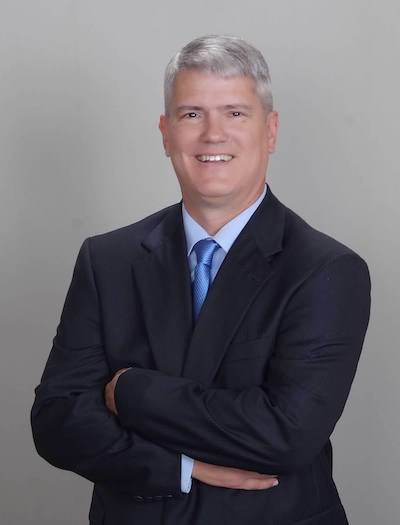
In Fort Lauderdale and the surrounding areas, we often see prosecutors bring shoplifting charges based on surveillance footage. But here's the truth: blurry video, missing context, and rushed assumptions can turn an innocent moment into a criminal accusation of retail theft.
Broward County criminal defense lawyer Dave Simmons has seen it all—cases where the footage looked damning until the full story came out. If you're being charged with petit theft or grand theft because of what a camera seems to show, you're not powerless. You have rights. You have options. And you have defenses that work.
Let’s break down how to fight back when a silent video is the loudest voice in the courtroom.
Does Surveillance Video Automatically Prove You’re Guilty of Shoplifting?
Surveillance video may look convincing at first glance, but it often lacks important context. Consider these common flaws:
- No audio to explain intent. Most security cameras record video only—no sound. That means crucial details like conversations with a cashier, a store employee’s instructions, or your explanation of what you’re doing aren’t captured. A video might show you placing an item in your bag, but it won’t show that the cashier told you to hold it while they finished a transaction. Without audio, the prosecution can spin a story that doesn’t reflect reality.
- Selective recording. Cameras often don’t capture the entire scene. They may begin recording after motion is detected or only show a limited angle of the store. Key moments—like returning an item to a shelf, swiping a credit card, or speaking to an employee—may happen just outside the frame.
- Misidentification. Video quality can be grainy, poorly lit, or distorted by reflections and shadows. In busy settings like retail stores or parking lots, it’s easy for two people to resemble each other—especially if they’re wearing similar clothing. Eyewitnesses or store personnel may jump to conclusions based on a brief glance at unclear footage.
If the prosecution relies on surveillance alone, your defense has room to raise reasonable doubt.
How Can a Broward County Criminal Defense Lawyer Challenge Surveillance Video in a Shoplifting Case?
At the Law Offices of Dave L. Simmons. P.A., examine every frame of video evidence—but we don’t stop there. Surveillance must be tested for credibility, legality, and completeness.
Here are key ways our defense lawyer can challenge the prosecution’s case:
- Chain of custody issues. Who recorded the footage? Who accessed it afterward? If there’s any break in the documented handling of the video—from the moment it was recorded to its presentation in court—there’s a risk the evidence was altered, edited, or even selectively clipped. If the prosecution can’t prove an unbroken chain of custody, the judge may find the footage unreliable or inadmissible.
- Unlawful collection. Was the video recorded in a place where you had a reasonable expectation of privacy? Was it obtained through an illegal search or without a proper warrant? If the surveillance was captured by police or private parties who violated your constitutional rights, we can file a motion to suppress the footage. If granted, the prosecution may lose its key piece of evidence.
- Alternative explanations. Just because something looks like theft doesn’t mean it is theft. A person picking up an item could be planning to buy it, return it, or hand it to someone else. We review surrounding footage, seek receipts, talk to witnesses, and scrutinize the store layout. This builds a narrative that the video alone doesn’t show—one that introduces doubt and undermines the idea that the footage tells the whole story.
What Should You Do If You’re Accused of Retail Theft in Broward County?
Being accused of theft is serious—but video footage doesn’t seal your fate. There are always two sides to every story, and the law demands that guilt be proven beyond a reasonable doubt.
With years of experience defending people accused of retail theft, including those caught on camera, Dave Simmons understands both the power—and the limits—of surveillance evidence. He uses detailed case analysis, smart strategy, and assertive courtroom advocacy to protect your rights and fight for your future. Reach out to our office today to learn more about your options.


